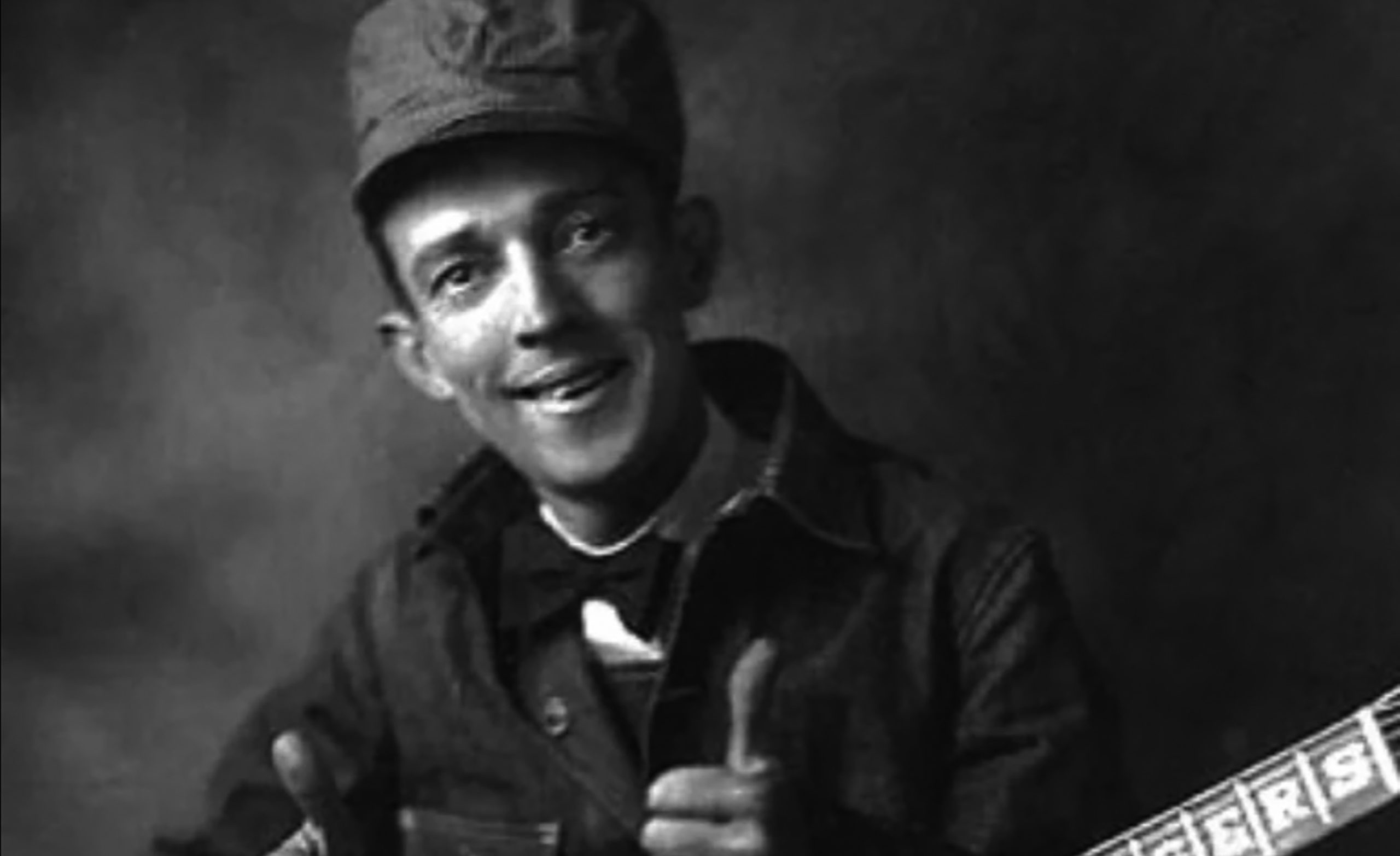Jimmie Rodgers is recognized as the “father of country music.” Born in 1897 in either Alabama or Mississippi, he influenced modern-day country and blues music and during his lifetime was nicknamed “The Singing Brakeman” and “The Blue Yodeler.” Jimmie came to be well known during the Great Depression and gained recognition during the early years of music, first being commercially recorded by the Victor Talking Machine Company. He died — too early in his life and tragically — in 1933 from complications of tuberculosis.

Jimmy recorded and performed hundreds of songs between 1927 and 1933, and one of the songs has direct ties to a train wreck that happened in 1908 near Mangum’s Crossing in what is now Sugar Hill.
In his early teenage years, Jimmie ran away from home and joined traveling shows. His father later found him and got him a job with the railroad as a water boy. In a recent PBS series by Ken Burns titled “Country Music,” it is noted that, even though he already had an affinity for musical entertainment, he learned a lot more about music from train operators, hobos and African American railroad workers. Jimmie would later become a brakeman for the New Orleans and Northeastern Railroad. He was also at one time employed as a switchman by the Southern Pacific Railroad. Jimmie worked off and on for the railroads until he began recording music in 1927. The diagnosis of tuberculosis ended his career with the railroad but likely created the track he needed to be recognized for his musical ability. The railroads and his past of constantly being on the move as a brakeman greatly influenced his music and songs.

The first railroad song, sung and recorded by Jimmie in November 1927, was “Ben Dewberry’s Final Run.” The song, written by an Atlanta-based reverend and gospel and folk music writer named Andrew Jenkins, memorialized a 1908 train wreck that happened in what is now Sugar Hill. Benjamin Dewberry, the train engineer, and his assistant, Mayson Wadkins, were the only individuals who lost their lives in this train wreck on Aug. 23, 1908, near Mangum’s Crossing. The song was later officially released on Jimmie’s first album in 1928 titled “Train Whistle Blues.” The first verse has a good, folksy beat when performed on a guitar and sung by Jimmie:
[Verse 1]
“Ben Dewberry was a brave engineer
He told his fireman don’t you ever fear
All I want is the water and coal
Put your head out the window, watch the drivers roll.”
[Verse 5]
“Ben looked at his watch, shook his head
We may make Atlanta but we’ll all be dead
The train went flyin’ by the trestle and switch
Without any warning then she took the ditch”
History does not give us any information on how Jimmie became familiar with the song — “Ben Dewberry’s Final Run.” Rev. Jenkins was a well-known gospel and folk music writer, and it is likely that Jimmie heard the song while working for railroad companies and traveling across the country on trains. The song has since been performed by other artists, including Johnny Cash. Regardless of the details, Jimmie’s link with our community makes for an interesting tidbit of information and history for Sugar Hill.
Listen to Jimmie Rodgers’ recording of “Ben Dewberry’s Final Run” by clicking here.
Brandon Hembree serves as mayor of Sugar Hill. He is a 20-year resident of the city, and he uses his interest in history to detail Sugar Hill’s rich past.
FEATURED PHOTO: Jimmie Rodgers in 1931. Victor Talking Machine Company taken by Moss Photo, NYC.




